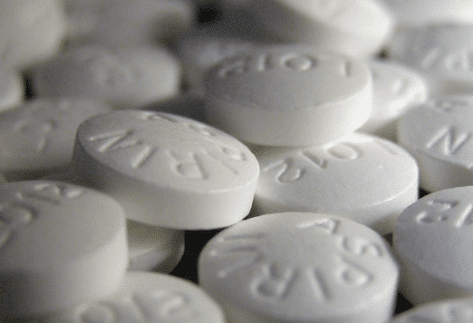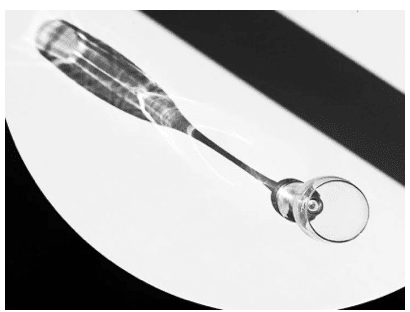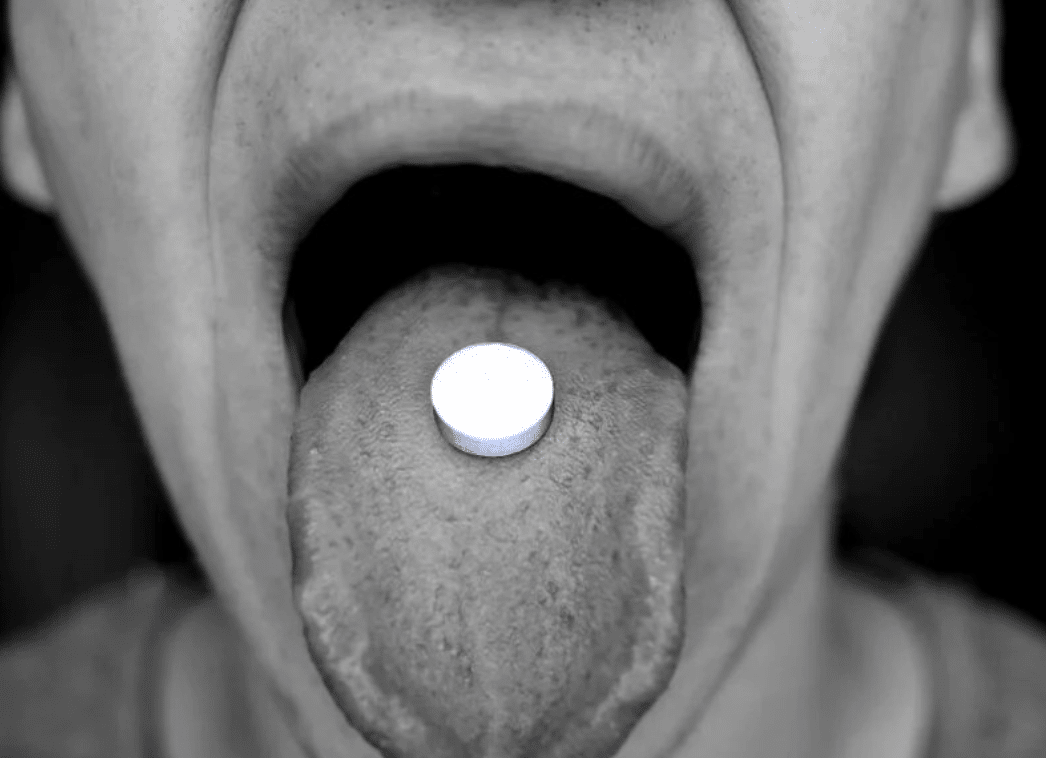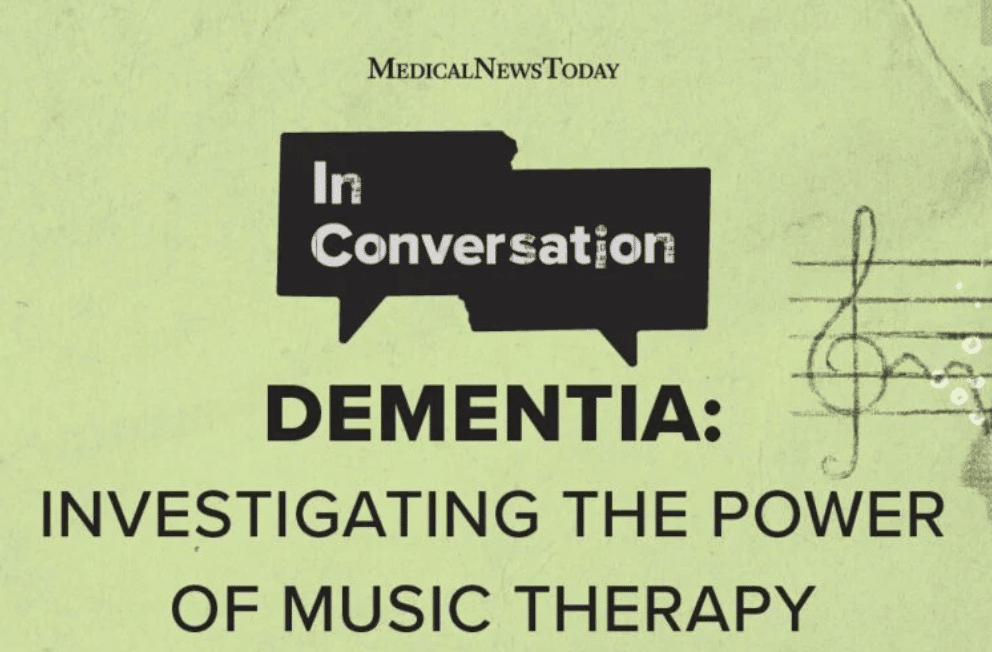For years, the “daily baby aspirin” propaganda has suggested that taking a daily dose of the “wonder drug” would help stave off cardiovascular disease and heart attacks. But new research has just confirmed what many have long suspected: The notion that aspirin will prevent heart disease in healthy people is nothing but a pharmaceutical farce. Published in the New England Journal of Medicine, the findings are no doubt a slap in the face to Big Pharma and their shills. After spending decades insisting that pharmaceuticals are the pathway to perfect health, it turns out that the wonders of aspirin are more fiction that fact.
Past research has long indicated that the “daily aspirin” regime was doing more harm than good. And for many, the very idea that some pharmaceutical drug will magically prevent heart disease and boost heart health was hard to swallow; Big Pharma’s drugs rarely promote overall health — even though that’s what they’re allegedly designed to do.
Aspirin found to have zero health benefits
As Sayer Ji, founder of Green Med Info reports, research published last month in the New England Journal of Medicine, titled, “Effect of Aspirin on Disability-free Survival in the Healthy Elderly,” has revealed that healthy, older adults do not benefit from daily aspirin consumption. More, taking a baby aspirin every day increased the risk of adverse health outcomes. Specifically, daily aspirin intake was associated with an increased risk of mortality, largely attributed to cancer.
GLYPHOSATE testing is now being applied to all Health Ranger Store branded products. Our in-house lab uses LC-MS-MS (triple quad mass spec). See the full lab science tour video and announcement here. Shop for ultra-clean, lab-tested superfoods, personal care products and more at the Health Ranger Store, the world’s most trusted source for clean foods and lab-verified nutritional solutions.
The study featured 19,000 adults who were aged 65 to 70, or older. Participants were part of a large-scale study across the United States and Australia.
Dr. Anne Murray, a geriatrician and epidemiologist at the Hennepin Healthcare Research Institute and the University of Minnesota, Minneapolis, reportedly stated of their findings, “We knew there would be an increased risk of bleeding with aspirin, because there has always been…But not only did it not decrease risk of disability or death, it did not decrease the risk of heart attack and stroke, and there was an increase in the rate of death.”
Ultimately, aspirin administration offered zero health benefits to healthy seniors. Instead, it seems it may increase cancer risk, as well as overall risk of death. These findings are diametrically opposed to the “conventional wisdom” that aspirin is protective and supports good health.
The risk of harm
This is not the first study to show that aspirin does not deserve its “wonder drug” reputation. In 2017, a study led by a cohort of researchers from the United Kingdom and the Netherlands found that a daily aspirin regime could increase the risk of heart attack by up to 190 percent.
As sources explain, the team studied 30,000 patients with atrial fibrillation, a heart condition that presents with rapid and often irregular heart beat. The team found that patients who were given aspirin were 1.9 times more likely to have a heart attack than patients who were given warfarin, a drug that targets vitamin K.
Study leader Dr. Leo Stolk reportedly commented, “We identified an … increased risk of [heart attacks] among current and past aspirin users in comparison with VKAs. There also exists doubt about the usefulness of aspirin in atrial fibrillation.”
Research has also shown that using nonsteroidal anti-inflammatory drugs (NSAIDs), like aspirin, for cold and flu symptoms isn’t all its cracked up to be. A study of over 9,000 patients revealed that those who took painkillers like aspirin to treat a respiratory infection were more than three times as likely to suffer a heart attack than those who did not.
Multiple reports from 2009 and from 2010 show a similar trend: Aspirin doesn’t prevent heart attacks, even in the so-called target populations, and it may actually cause more health issues. Overall, it seems the science on aspirin is settled — even if the propaganda-pushing pharma industry isn’t ready to admit it.
How many pounds have you lost this month? At Dieta Efectiva you can lose 10-12 lbs your first week and 2-5 lbs every week after. Visit us dietaefectiva.net to learn more about our program.







